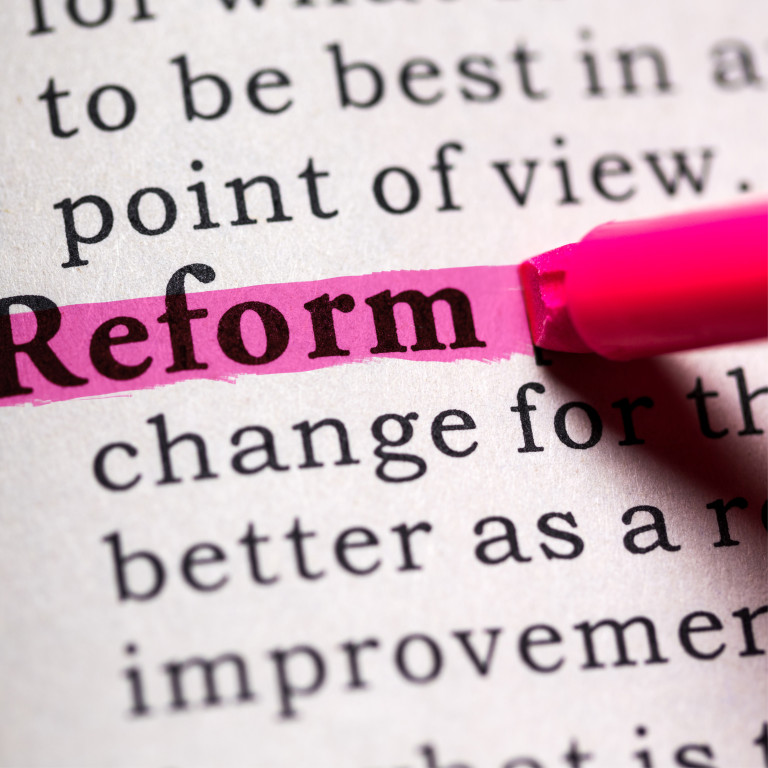Many private residential landlords will focus on the looming prospect of the loss of section 21 notices and the disappearance of ASTs and how this will impact them. Undoubtedly, these will be seismic changes for the sector.
But are you aware of the lesser-reported proposal to introduce a mandatory Ombudsman scheme for the private rented sector? The proposal is that all landlords (irrespective of whether they employ managing agents, who are already subject to regulation in this regard) will be required to become members, with local authorities having enforcement powers.
The proposed powers of the Ombudsman should be of note. According to the Government’s White Paper on tenancy reform, published in June 2022, the plan is for the Ombudsman to have quite ranging powers – from ordering landlords to issue apologies to tenants, to being able to order landlords to pay compensation of up to £25,000.
Further, the Ombudsman’s decisions will be binding, with the threat that failure to comply with decisions will result in serious or ‘repeat offender’ cases in banning orders, or in possible enforcement directly by the Court. It is a system designed with tenants, not landlords, in mind.
The Government argues that the scheme would “be quicker, cheaper, less adversarial, and more proportionate than the court system.” Anyone involved with the County Courts at present will undoubtedly agree that cases progress at a very slow speed. But as the saying goes, “more haste, less speed.” Given the potentially significant penalties the Ombudsman may have within their gift, is there a risk a speedier and cheaper option could be problematic to landlords?
We will have to wait and see what the final proposal that makes it onto the statute book looks like in this regard.
Find out more
For further help or information about the proposed Housing Ombudsman or anything mentioned in this insight, or to talk to one of our dedicated team, please contact us.




